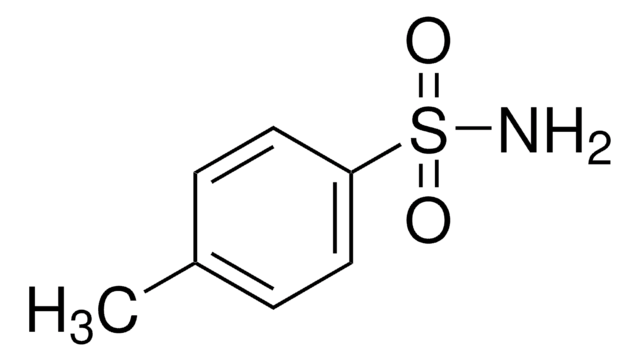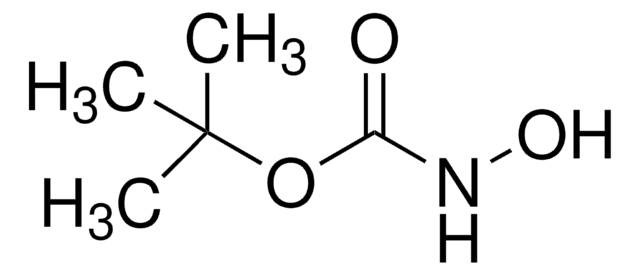251178
1,6-Diiodohexane
97%, contains copper as stabilizer
Sign Into View Organizational & Contract Pricing
All Photos(1)
About This Item
Linear Formula:
I(CH2)6I
CAS Number:
Molecular Weight:
337.97
EC Number:
MDL number:
UNSPSC Code:
12352100
PubChem Substance ID:
NACRES:
NA.22
Recommended Products
Quality Level
Assay
97%
form
liquid
contains
copper as stabilizer
refractive index
n20/D 1.5852 (lit.)
bp
141-142 °C/10 mmHg (lit.)
mp
9-10 °C (lit.)
density
2.05 g/mL at 25 °C (lit.)
functional group
iodo
SMILES string
ICCCCCCI
InChI
1S/C6H12I2/c7-5-3-1-2-4-6-8/h1-6H2
InChI key
QLIMAARBRDAYGQ-UHFFFAOYSA-N
Application
1,6-Diiodohexane has been used:
- in preparation of cationic tissue plasminogen activator (t-PA)-containing polyurethane surfaces
- as solvent additive, to improve the power conversion effciency of polymer/fullerene bulk heterojunction solar cells
- synthesis of new macrocycles, having 2,4-dihydroxybenzophenone as a connecting unit
- preparation of a novel ionic electrolyte, 3-(iodohexyl)-1-(3-(triethoxysilyl)propylcarbamoyl)-1H-benzo[d]imidazol-3-ium iodide
Signal Word
Warning
Hazard Statements
Precautionary Statements
Hazard Classifications
Eye Irrit. 2 - Skin Irrit. 2 - STOT SE 3
Target Organs
Respiratory system
Storage Class Code
10 - Combustible liquids
WGK
WGK 3
Flash Point(F)
235.4 °F - closed cup
Flash Point(C)
113 °C - closed cup
Personal Protective Equipment
dust mask type N95 (US), Eyeshields, Gloves
Choose from one of the most recent versions:
Already Own This Product?
Find documentation for the products that you have recently purchased in the Document Library.
Customers Also Viewed
Synthesis and structure of new cyclophanes containing benzofuran and benzene rings.
Park KK, et al.
Tetrahedron Letters, 41(9), 1393-1396 (2000)
Zhaoqiang Wu et al.
Acta biomaterialia, 7(5), 1993-1998 (2011-01-25)
With the aim of minimizing thrombus formation in blood-contacting devices, tissue plasminogen activator (t-PA)-containing polyurethane (PU) materials have been developed. Cationic PU surfaces were prepared by grafting poly(dimethylaminoethyl methacrylate) and quaternizing the tertiary amino groups with iodomethane or 1,6-diiodohexane or
Novel silane-substituted benzimidazolium iodide as gel electrolyte for dye-sensitized solar cells.
Lee JP, et al.
Electrochimica Acta, 54(18), 4635-4670 (2009)
Improving device efficiency of polymer/fullerene bulk heterojunction solar cells through enhanced crystallinity and reduced grain boundaries induced by solvent additives.
Ming-Shin Su et al.
Advanced materials (Deerfield Beach, Fla.), 23(29), 3315-3319 (2011-06-15)
Our team of scientists has experience in all areas of research including Life Science, Material Science, Chemical Synthesis, Chromatography, Analytical and many others.
Contact Technical Service













